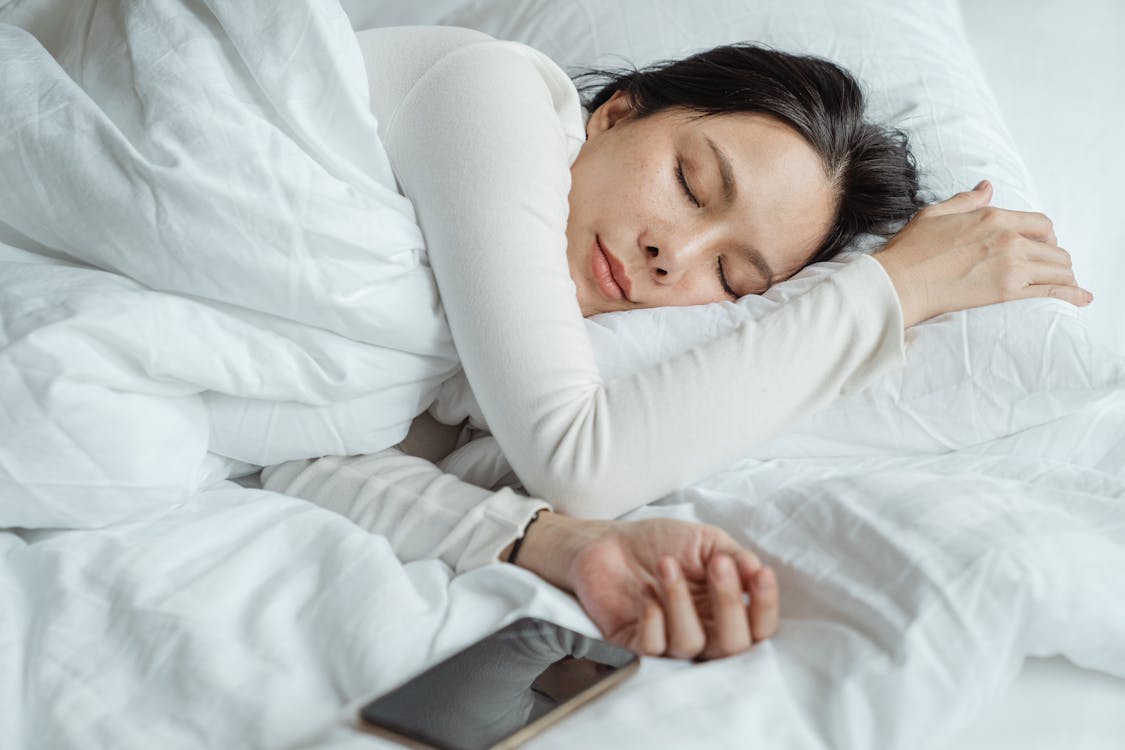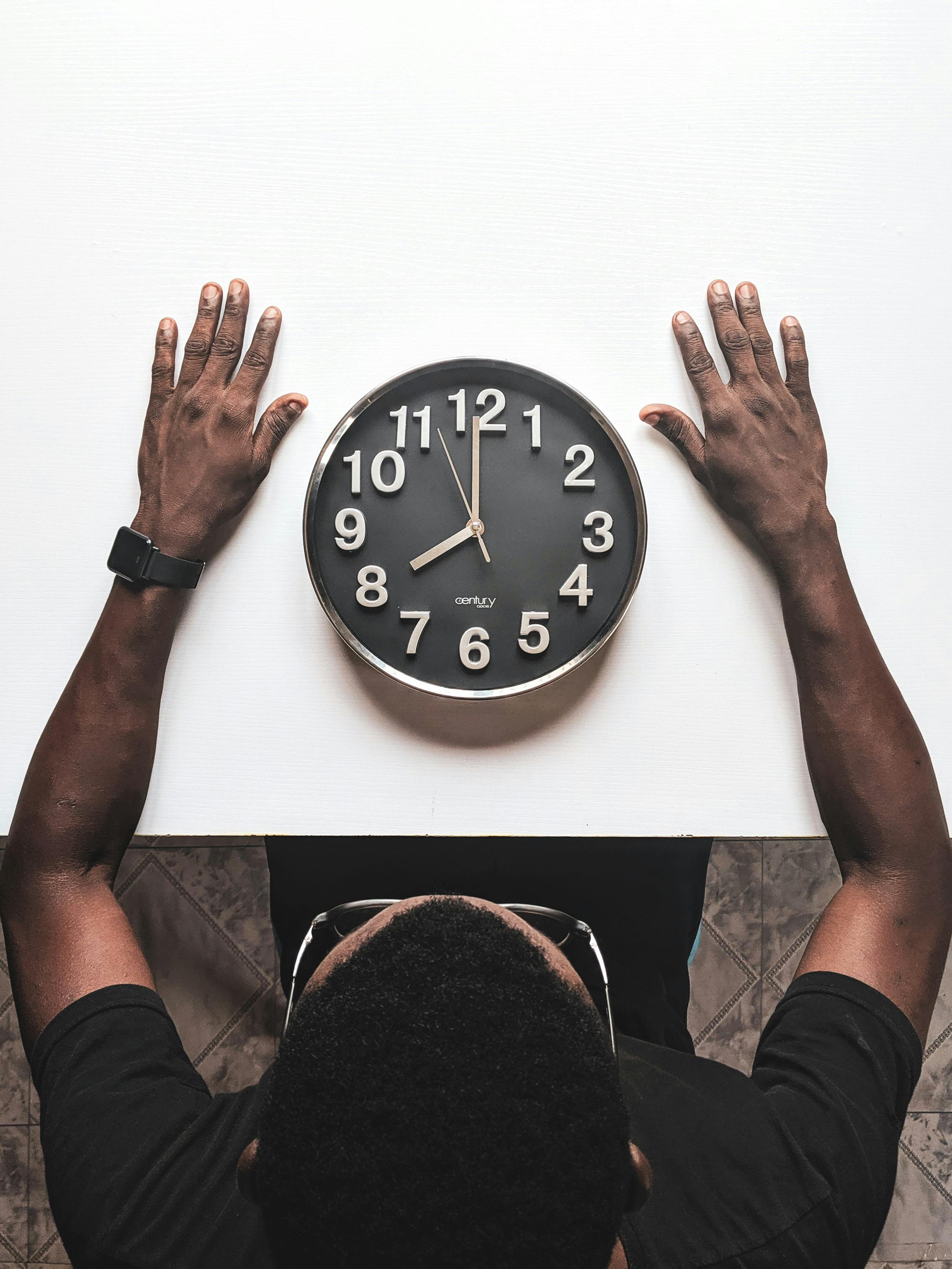Your body and mind are best prepared for peaceful sleep during the hours before bed. While some routines and activities can help you relax and get better-quality sleep, others may have the opposite impact, disrupting your sleep-wake cycle and making it more difficult for you to get restorative sleep. We'll go over the things to avoid doing right before bed in this extensive guide to improve your sleep hygiene and general wellbeing.
Stimulating Activities
Before going to bed, stimulating activities can prevent your body from winding down and getting ready for sleep. In the hours before going to bed, stay away from intellectually or physically taxing activities like strenuous exercise, work-related activities, or stimulating talks. Rather, choose peaceful and soothing pursuits that encourage rest and let your body know when it's time to shut down.
This includes the following
- Drinks that Stimulate: Some drinks, such as energy drinks, teas with caffeine, or sugary sodas, have chemicals that might raise arousal and alertness, which makes it more difficult to unwind and go to sleep.
- Caffeine Consumption: Drinking caffeinated drinks in the late afternoon or evening, such as soda, energy drinks, coffee, or tea, can make it difficult for you to get asleep and have a good night's sleep.
- Exercise Intensively: Exerting yourself physically, whether it be through weightlifting, high-intensity interval training (HIIT), or aerobic exercises, can raise your body temperature, heart rate, and adrenaline levels.
- Emotionally Stimulating Content: Before going to bed, watching scary or exciting movies, reading gripping books, or having emotionally charged conversations can cause the production of adrenaline and cortisol, which makes it more difficult to relax and de-stress.
- Drinking alcohol can cause fragmented or restless sleep patterns and poor sleep quality, even if it initially makes you feel comfortable or sleepy.
- Rich or Spicy Meals: Eating rich, spicy, or heavy meals right before bed can cause acid reflux, indigestion, and other discomforts that make it hard to unwind and go to sleep.
Coffee and Supplements:
Caffeine and other stimulants taken in the evening may prevent you from falling asleep and preventing you from getting a good night's sleep. Since caffeine's stimulating effects might linger for several hours, avoid consuming caffeinated beverages in the late afternoon or evening, such as energy drinks, tea, or coffee. Watch out for hidden caffeine sources, like chocolate and some drugs, and choose caffeine-free options when necessary.
Heavy Meals:
A big or heavy meal soon before bed might cause digestive problems that can cause pain, indigestion, and difficulty falling asleep. In the hours before going to bed, stay away from heavy, rich, or spicy foods, as they raise the risk of heartburn and acid reflux. Rather, choose light, quickly digested meals or snacks that won't make you feel heavy or uncomfortable when you're lying down.
Taking alcohol:
Alcohol can cause fragmented or restless sleep patterns and lower the quality of your sleep, even if it initially makes you feel comfortable or sleepy. Alcohol should be avoided in the hours leading up to bedtime, as it can disrupt the body's natural sleep cycle, stifle REM sleep, and make sleep apnea or snoring worse. Instead, cut back on your alcohol intake.Thoughts that are anxious or stressful:
Before going to bed, thinking about unpleasant or anxious things can cause the stress hormone cortisol to be released, which can disrupt the start and quality of sleep. Before going to bed, try not to spend your time worrying or doing stressful things. Before going to bed, use relaxation methods to help you feel peaceful and calm, such as progressive muscle relaxation, deep breathing, or meditation.
Excessive Fluid Intake:
Aim to stay adequately hydrated throughout the day and taper off fluid intake in the evening to minimize the need for nighttime bathroom trips. Excessive Fluid Intake: Drinking large quantities of fluids, especially caffeinated or diuretic beverages, in the hours before bedtime can increase the likelihood of waking up during the night to use the restroom, disrupting your sleep continuity.
Too Much Napping:
While shorter naps during the day can provide you with a temporary energy boost, taking too many or too long naps at night can make it difficult for you to fall asleep and stay asleep. Long naps taken in the late afternoon or evening should be avoided, as they may interfere with your regular sleep-wake cycle and make it harder for you to fall asleep at night. If you must take a nap, try to keep it to no more than 20 to 30 minutes early in the day to prevent affecting the quality of your sleep at night.
Watching a Clock:
Before going to bed, constantly checking the time may increase anxiety and heighten awareness of the passing of time, which makes it more difficult to unwind and fall asleep. In case you can't sleep, try not to keep checking the time or staring at the clock. Instead, to reduce distractions and provide a more peaceful sleeping environment, turn the clock away from view or take it out of the bedroom completely.
Exposure to bright light or loud noise:
Bright lights or loud noises in the hours before bed can interfere with your ability to de-stress and fall asleep, which will make it more difficult for you to stay asleep all night. In the evening, keep yourself away from bright lights and loud noises, and establish a peaceful, quiet sleeping space that promotes sound sleep. Use blackout curtains, white noise generators, or earplugs to reduce outside noise and create a calm sleeping environment.
In summary:
Promoting peaceful sleep and enhancing general well-being requires setting up a supportive atmosphere and forming good habits in the hours before bed. You can create the perfect environment for restorative sleep and wake up feeling renewed by avoiding stimulating activities, electronic devices, caffeine, heavy meals, alcohol, stressful thoughts, excessive fluid intake, excessive napping, clock watching, and exposure to bright light or loud noises before bedtime. Prioritize sleep hygiene by including these suggestions in your evening routine.
.







Comments
Post a Comment